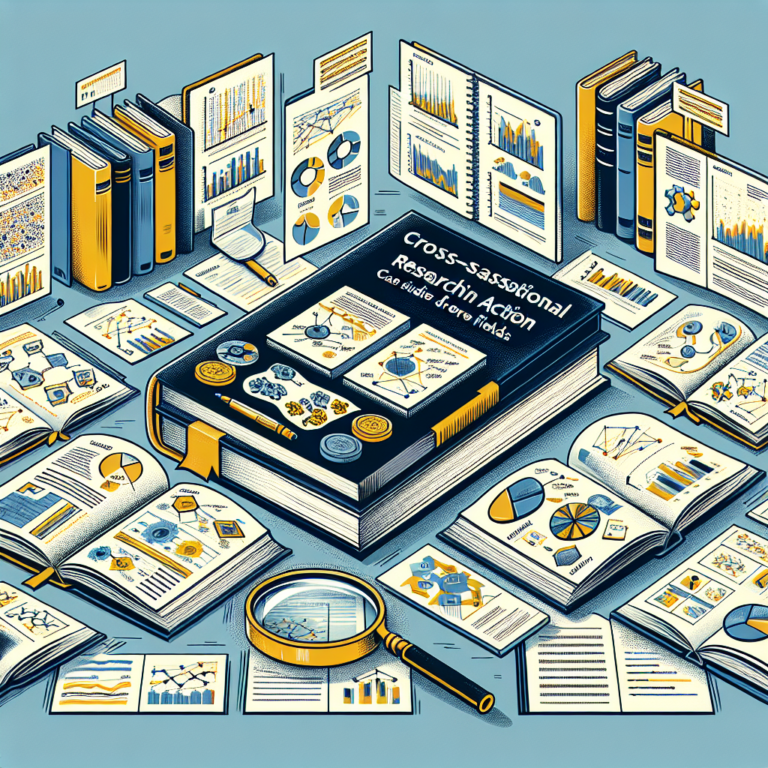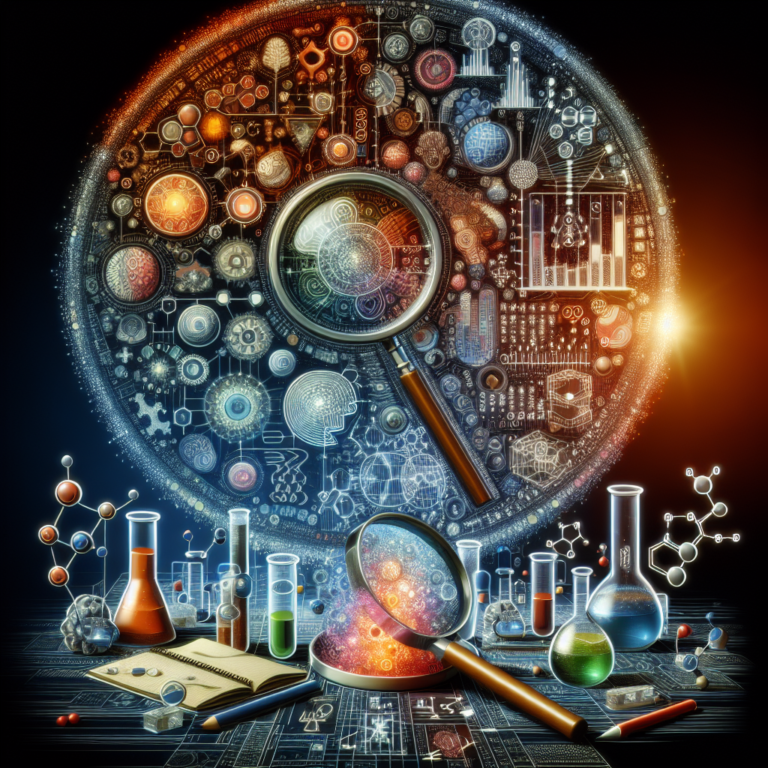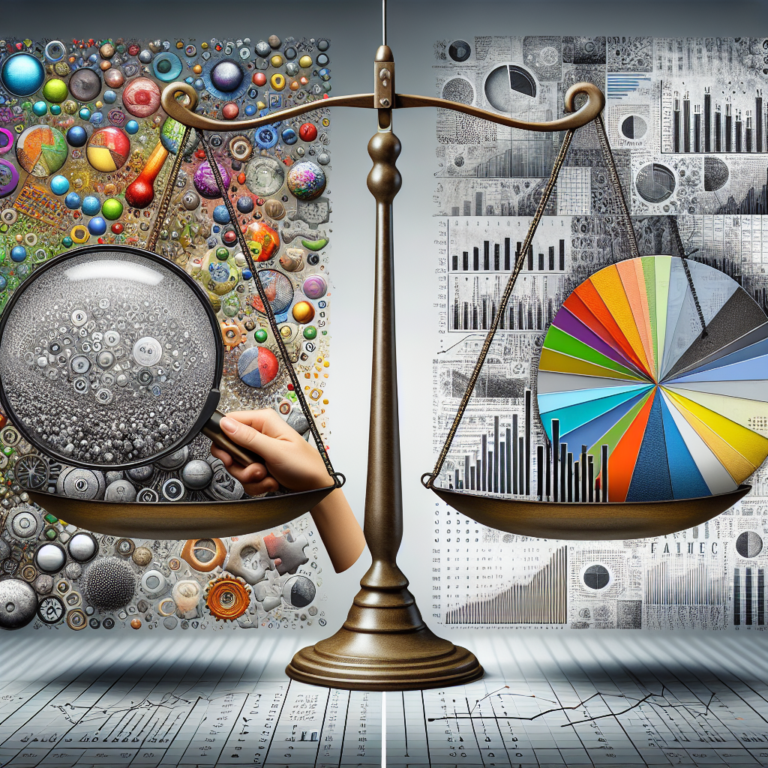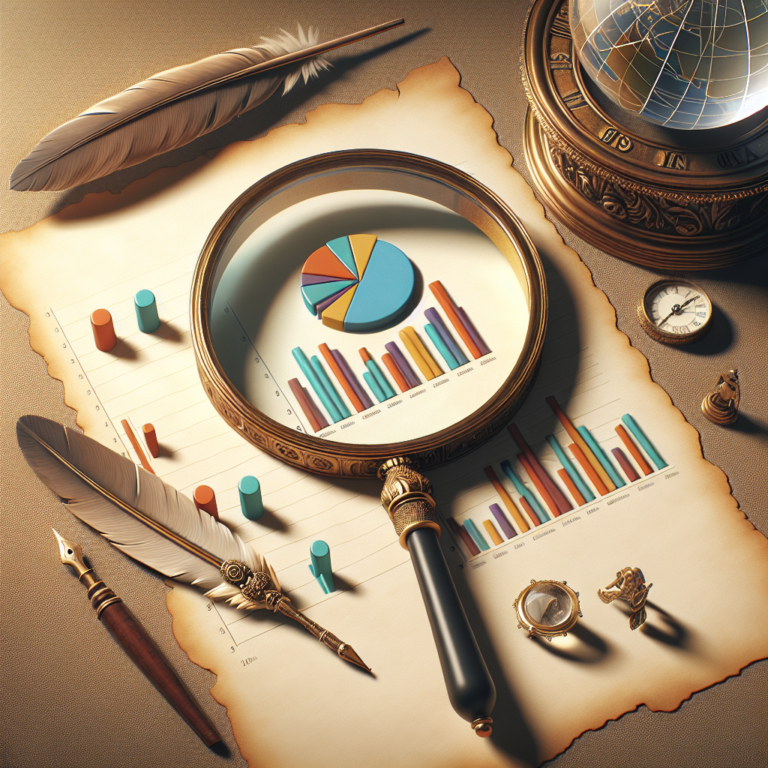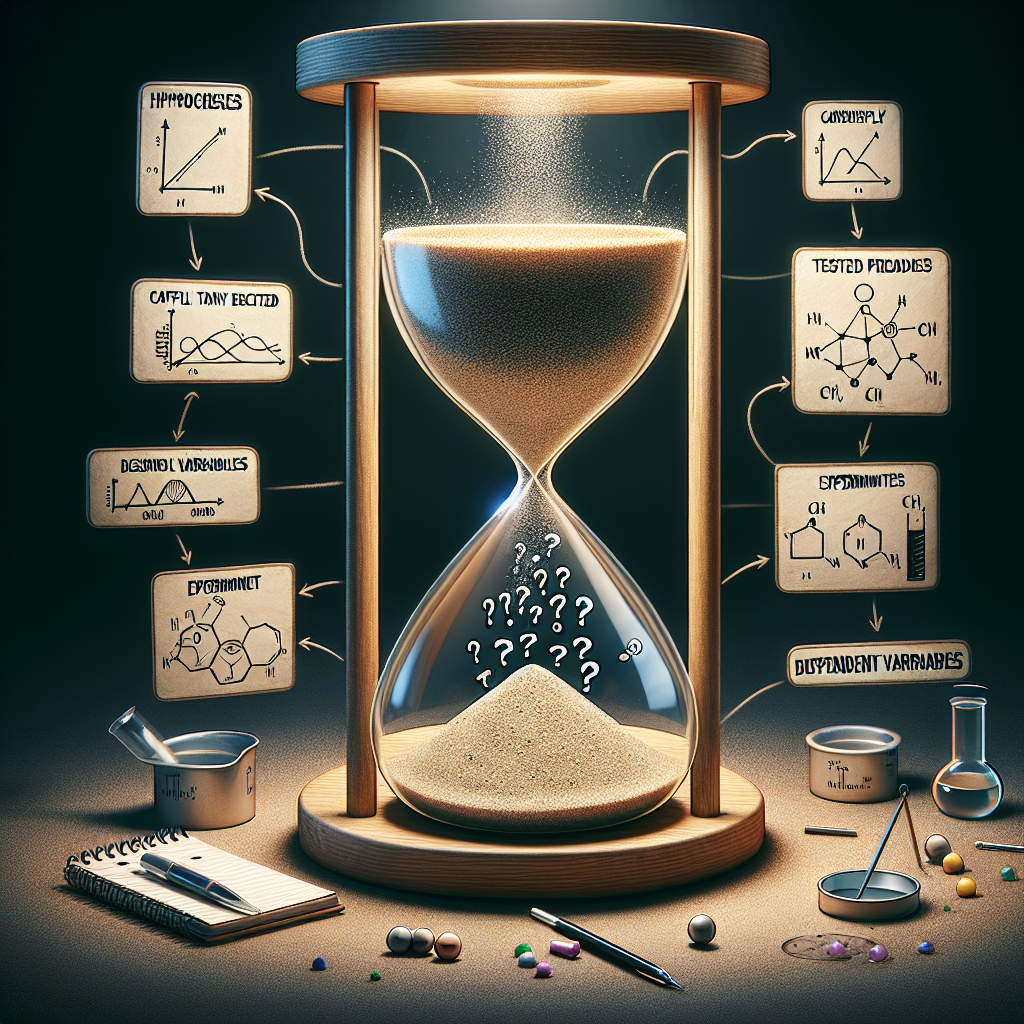
Introduction
Imagine piecing together a detective story where every clue leads you closer to unraveling a mystery. In the realm of scientific research, just like in detective work, the journey from hypothesis to conclusion hinges on one key element: the dependent variable. Understanding its role can transform your experiments from mere curiosity-driven endeavors into robust explorations that yield significant insights. In this article, we’ll delve into From Hypothesis to Conclusion: The Importance of Dependent Variables in Experimental Studies, exploring their critical impact on research outcomes.
What Are Dependent Variables?
Definition and Characteristics
At its core, a dependent variable is the outcome that researchers measure to assess the effect of an independent variable. Think of it as the ‘effect’ in a cause-and-effect relationship. While the independent variable is manipulated (like temperature in an experiment on plant growth), the dependent variable responds to that manipulation (in this case, the height of the plant).
Why They’re Crucial
Dependent variables are essential because they bridge the gap between hypothesis and conclusion. For example, if you hypothesize that "increased sunlight leads to faster plant growth," the height of the plants is your dependent variable. Without this measurement, drawing any conclusion would be akin to sailing blind through the water—impossible to reach your destination.
The Journey from Hypothesis to Conclusion
Setting the Stage: Formulating a Hypothesis
Every scientific experiment begins with a hypothesis, a proposed explanation made on the basis of limited evidence. Stating your hypothesis clearly is fundamental as it defines the parameters of your study and indicates what you intend to measure.
Identifying Independent and Dependent Variables
When formulating your hypothesis, it’s crucial to differentiate between independent and dependent variables. The independent variable is what you will change, while the dependent variable is what you will observe.
Example 1: A Study on Medication Dosage
In a study examining the effect of various dosages of medication on recovery time, the independent variable (dosage) is manipulated, while the dependent variable (recovery time) is measured.
| Dosage (Independent Variable) | Recovery Time (Dependent Variable) |
|---|---|
| 0 mg | 10 days |
| 50 mg | 7 days |
| 100 mg | 4 days |
| 150 mg | 2 days |
The Importance of Accurate Measurement
Accurate measurement of your dependent variable is crucial. Poor measurement can lead to flawed data, yielding incorrect conclusions. Consider a scenario where you are measuring recovery time using different methods. If one method consistently underestimates time, the results will skew, leading to false conclusions.
Case Studies: Real-World Applications
Case Study 1: Psychology – The Stanford Prison Experiment
Philip Zimbardo’s Stanford Prison Experiment is a compelling case highlighting the importance of dependent variables. The independent variable was the environment (prison vs. control). The dependent variables included the behavior changes exhibited by participants (aggression, compliance, etc.) that were critical for understanding the psychological effects of perceived power dynamics.
Analysis
In this case, the dependent variables elucidated how situational variables can profoundly alter behavior, reinforcing the necessity of identifying and measuring them to draw reliable conclusions.
Case Study 2: Agriculture – Crop Yield Studies
In agricultural research, studies examining the effect of fertilizers on crop yield utilize dependent variables such as the amount of produce harvested. For instance:
| Fertilizer Type (Independent Variable) | Crop Yield (Dependent Variable) |
|---|---|
| Organic | 800 kg/ha |
| Chemical | 1,200 kg/ha |
| No Fertilizer | 400 kg/ha |
Analysis
This example illustrates how the dependent variable helps researchers assess which type of fertilizer maximizes yield, lending insight into sustainable agricultural practices.
The Implications of Neglecting Dependent Variables
Common Pitfalls in Research
Neglecting to identify or accurately measure dependent variables can lead to numerous issues, including:
Misguided Conclusions: If the dependent variable is poorly defined or unmeasured, the conclusions drawn will be questionable.
- Generalizability Issues: Failing to understand how a dependent variable behaves across different conditions can limit the applicability of research findings.
Consequences of Deficient Research Design
Inadequate emphasis on dependent variables can result in wasted resources and missed opportunities for groundbreaking discoveries. Consider studies that have overlooked vital metrics and produced misleading results that impacted policies or clinical practices.
Enhancing Research Through the Effective Use of Dependent Variables
Strategies for Successful Measurement
Use Reliable Tools: Ensure that the instruments or methods used to measure your dependent variable are validated and reliable.
Pilot Testing: Conduct pilot tests to refine your methodology and ensure that you are accurately measuring what you intend to.
- Control Extraneous Variables: Identify and control other variables that could influence your dependent variable, ensuring the integrity of your experiment.
Chart 1: Variables in an Experimental Design
| Area | Independent Variable | Dependent Variable |
|---|---|---|
| Health Research | Type of Diet | Weight Loss Over 12 Weeks |
| Psychology | Stress Levels | Performance on Cognitive Tasks |
| Environmental Science | Type of Water | Growth Rate of Aquatic Plants |
Conclusion: A Call to Action
In the journey from hypothesis to conclusion, understanding the pivotal role of dependent variables is paramount. As researchers, enhancing our approach to identifying and measuring these variables can lead to more reliable outcomes and invaluable insights. Whether investigating health, behavior, or environmental science, keeping a keen focus on dependent variables will allow you to contribute meaningfully to your field.
FAQs
1. What is the difference between independent and dependent variables?
Answer: The independent variable is manipulated to observe its effect, while the dependent variable is measured to understand the outcome of that manipulation.
2. Can a dependent variable change during an experiment?
Answer: Yes, depending on the experimental conditions and controls, the dependent variable may exhibit variability. Effective measurement is crucial for accurate data collection.
3. Is it necessary to have multiple dependent variables?
Answer: Not necessarily. It depends on the aims of the study. While multiple dependent variables can provide a richer dataset, keeping focus on one primary dependent variable often leads to clearer conclusions.
4. How do I ensure my dependent variable is measurable?
Answer: Use validated tools and methodologies for measurement. Conduct pilot studies to assess the reliability and validity of your measurement methods.
5. How do I deal with unexpected results in dependent variables?
Answer: Investigate potential reasons for the unexpected outcome. Review your experiment’s design and consider external factors that may have influenced your dependent variable.
This guide aims to not only inform but inspire researchers to harness the full potential of their studies by paying close attention to dependent variables. By emphasizing their importance, we can advance our understanding and make significant contributions across various fields of research.





